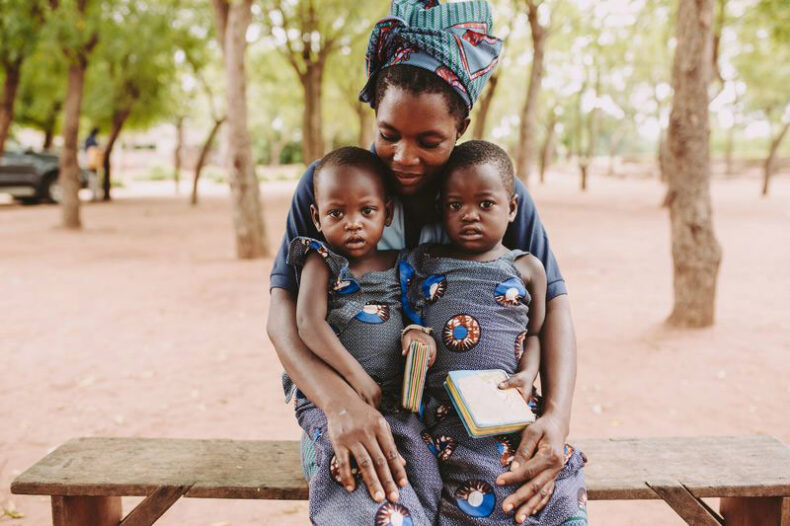“Togo successfully eliminated all four neglected tropical diseases this year. This amazing feat was celebrated by the head of WHO who admires the country’s relentless efforts to battle health issues“
The world health organization (WHO) commended the efforts made by the small nation of West Africa, Togo, for wiping out four major tropical diseases from the country. Togo is also the first nation in west Africa to achieve this feat.
This week, the country was awarded an outstanding achievement for eradicating sleeping sickness, guinea worm, trachoma, and lymphatic filariasis. The battle fought by the small nation ended after 11 years. Togo’s feat was complimented by the WHO regional director who also said that other African nations should try to follow suit on Togo’s footpath and it achieved their goal only after making health a priority issue to work upon in their country.

The efforts made by the small nation were also praised by the director of the global partnership Uniting to Combat Neglected Tropical Diseases, Thoko Pooley. She says that the country’s great achievement was only made possible because of the country’s strong will to eradicate health issues and political ownership. She hopes that other African leaders would take some inspiration from Togo and transform the health conditions of their citizens.
2022 marked the year for Togo where the nation successfully eliminated trachoma disease, earlier landmarks were spread out throughout the last 11 years. The first achievement was made in 2011 when the guinea worm was eradicated, next the lymphatic filariasis was stamped out in 2017, and the same year Togo became the first country to eliminate lymphatic filariasis in sub-Saharan Africa. In 2020, sleeping sickness was wiped out and finally, two years later Togo was able to achieve the major feat of total elimination of all four tropical diseases.
Faure Gnassingbe, Togo’s current president says that the feat was only made possible because Togo’s government had prioritized health at the core of its developmental policies.
Togo and Neglected Tropical Diseases

There are 20 neglected tropical diseases, often grouped and abbreviated as ‘NTDs.’ All 20 diseases are easily curable as well as preventable, but as the name suggests, these 20 diseases are mostly overlooked by health organization budgets or global health funding.
Even though NTDs are easily treatable, 1.7 billion people on earth are facing devastating issues by the spread of NTDs. Unfortunately, the most affected people or communities often reside in poor conditions and thus get trapped in situations of extreme financial hardships. Africa has about 40% of the total affected people currently living on the continent in several nations.
On the brighter, due to the efforts made by African countries like Togo, the number of people who needed treatment went down from 630 million in 2016 to 598 million in 2020.
2012 marked the year when many of the world nations came forward as donor countries and connected with private health research organizations, pharmaceuticals, and research institutions to make efforts to either control or eradicate the 20 NTDs by the year 2020. The endorsement took shape in the London Declaration.
The efforts had made huge impacts across the globe, at least one NTD was eliminated from 46 countries. The Other achievement included the contributions made by private and governmental pharmaceuticals who had created an astounding 14 billion treatments for the 20 NTDs.
Hopefully, the trend of prioritizing health issues will spread throughout the African continent instead of diseases. The efforts made by several nations like Togo and the recently held meeting in Kigali, Rwanda confirms that several African nations are starting to take the disease outbreaks seriously.
Though, some obstacles such as health budget cuts from the UK government could have bad impacts on the progress made so far. The issue to tackle NTDs should be considered a global threat and other countries should come forward to help and provide funds or volunteers to affected nations.
Read more:- Lesions for the future: How to avoid another health catastrophe?













